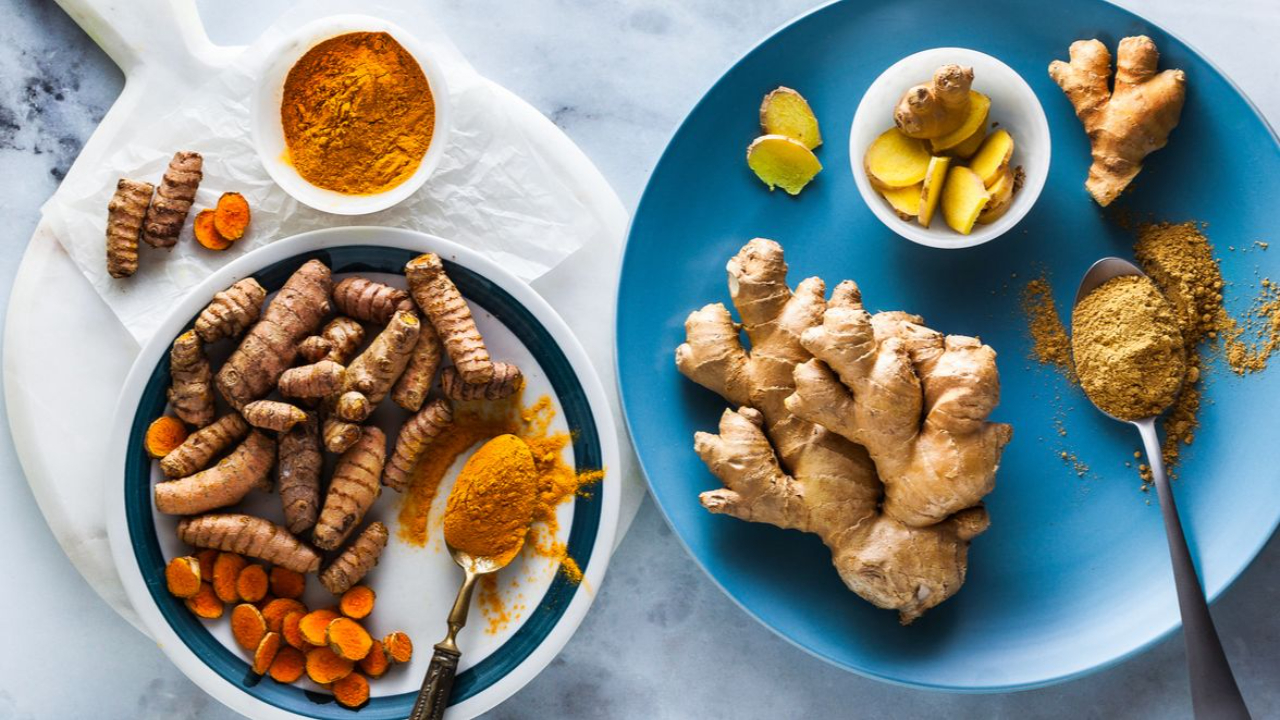Natural Remedies to Reduce Blood Sugar: A Whole-Body Approach
Mar 31, 2025
Metabolic health has become a buzzword in the world of wellness—and for good reason. Poor metabolic health is a root cause of many chronic illnesses, and at the heart of it lies blood sugar regulation.
Whether you’re managing prediabetes, diabetes, or simply aiming to improve your overall health, maintaining balanced blood sugar is essential. The good news? A whole-body approach—including mindful diet choices, regular movement, stress management, and quality sleep—can have a profound impact. Let’s explore how natural remedies and lifestyle changes can work together to support your metabolic health and help you thrive.
Balanced Blood Sugar Starts with Lifestyle Changes
Managing blood sugar isn’t about quick fixes—it’s about building a sustainable lifestyle that supports your body’s natural ability to regulate glucose. Here’s how you can start:
Focus on a Nutritious Diet
- Eating natural foods to lower blood sugar, like leafy greens, fatty fish, nuts, seeds, and whole grains, provides the nutrients your body needs to thrive.
- Incorporate cinnamon, which has been shown to improve insulin sensitivity, slow digestion, and blunt post-meal blood sugar spikes. You can easily incorporate it by adding a dash to coffee, smoothies, yogurt, and even to roasted sweet potatoes.
- Add fiber-rich foods like vegetables, legumes, and fenugreek seeds to your meals. These help slow the breakdown of food into sugar, keeping blood sugar levels steady.
- Consider adding vinegar to your routine. One to two teaspoons before meals can help slow down the absorption of carbohydrates, reduce post-meal blood sugar spikes, and potentially improve insulin sensitivity.
Get Moving
- Regular exercise is a powerful natural remedy to reduce blood sugar. Physical activity uses glucose for energy and improves insulin sensitivity.
- Strength training and aerobic exercise can both enhance your body’s ability to manage blood sugar. Even gentle activities like yoga or walking can make a difference.
- Fun fact: After exercise, your muscles are more sensitive to insulin, which helps replenish glycogen stores and reduces blood sugar levels.
Manage Stress
- Stress triggers the release of cortisol, which raises blood sugar levels. Chronic stress can lead to long-term insulin resistance and increase the risk of metabolic disorders.
- Incorporating stress-reducing practices like yoga and meditation can lower cortisol levels and improve glycemic control. Mindfulness meditation, in particular, has been shown to enhance quality of life and improve blood sugar regulation.
Prioritize Quality Sleep
- Sleep plays a critical role in regulating blood sugar. Poor sleep has been linked to insulin resistance, increased appetite, and higher glucose levels.
- Aim for 7–9 hours of quality sleep per night in a cool, dark, and quiet room. Limit screen time before bed and create a calming evening routine to improve sleep hygiene.
Natural Foods and Remedies to Lower Blood Sugar
Along with lifestyle changes, incorporating specific natural foods and supplements can support balanced blood sugar:
- Berberine: This compound improves insulin secretion and activates glucose transporters, helping move sugar from the blood into cells.
- Fenugreek: Rich in fiber and compounds that encourage insulin release, fenugreek seeds can effectively reduce blood sugar levels.
- Ginseng: Studies show that ginseng reduces fasting blood sugar and post-meal spikes while supporting overall insulin function.
- Glycine enhances insulin sensitivity and secretion, reduces inflammation, and stimulates the release of gut hormones that improve glucose removal from the bloodstream.
- Inositol: improves muscle glucose uptake and reduces blood glucose rises via a competitive affinity for the same transporter system.
Why a Whole-Body Approach Works
Blood sugar isn’t just about what you eat—it’s a reflection of your overall health. Addressing the root causes of blood sugar imbalances requires a holistic approach that considers your unique biochemistry, lifestyle, and habits.
- Nutrition: Eating natural foods to lower blood sugar is the foundation of balanced glucose levels.
- Exercise: Movement enhances insulin sensitivity and helps your body use glucose efficiently.
- Stress: Managing stress reduces cortisol, which can spike blood sugar levels.
- Sleep: Quality rest helps regulate hormones that impact appetite, glucose metabolism, and insulin sensitivity.
Take the First Step Toward Balanced Blood Sugar
There’s no single natural remedy to reduce blood sugar—it’s about creating a lifestyle that supports your body as a whole. By combining nutrient-dense foods, regular movement, stress management, and quality sleep, you can make meaningful progress toward better metabolic health.
Small changes can lead to big results. Start by prioritizing quality sleep or adding a short yoga session to your routine—these small steps can profoundly impact your blood sugar and overall well-being. For a deeper understanding of blood sugar regulation, I highly recommend Jessie Inchauspe’s Glucose Revolution, a fantastic resource filled with practical, science-backed solutions to stabilize blood sugar.
If you’re ready to take control of your metabolic health, let’s work together. Book a free 15-minute call to explore how we can create a personalized plan tailored to your unique needs. With the right tools and support, balanced blood sugar and vibrant health are within reach!
Sources:
https://pubmed.ncbi.nlm.nih.gov/34751700/
https://pmc.ncbi.nlm.nih.gov/articles/PMC7177487/
https://pmc.ncbi.nlm.nih.gov/articles/PMC7352659/
https://pubmed.ncbi.nlm.nih.gov/34186361/
https://pmc.ncbi.nlm.nih.gov/articles/PMC6213615/
https://www.sciencedirect.com/science/article/abs/pii/S0306453020301177
https://pmc.ncbi.nlm.nih.gov/articles/PMC8162570/
https://pmc.ncbi.nlm.nih.gov/articles/PMC6145966/
https://pubmed.ncbi.nlm.nih.gov/29510179/
https://www.sciencedirect.com/science/article/pii/S1010660X15001147?via%3Dihub
https://pmc.ncbi.nlm.nih.gov/articles/PMC3924990/
https://pmc.ncbi.nlm.nih.gov/articles/PMC4438142/
https://pmc.ncbi.nlm.nih.gov/articles/PMC5954247/
https://pmc.ncbi.nlm.nih.gov/articles/PMC4591578/#:~:text=Seeds of Fenugreek are a,glucose in patients with diabetes.
https://pmc.ncbi.nlm.nih.gov/articles/PMC6943541/#B13-molecules-24-04501
https://pubmed.ncbi.nlm.nih.gov/37493759/
Unlock Your Hormone Health With Our Free Checklist
You deserve to know what is going on with your body and to understand why (or even IF) you have hormonal imbalances.
So we created this FREE resource to help guide you with some of the top labs and tests to consider.







